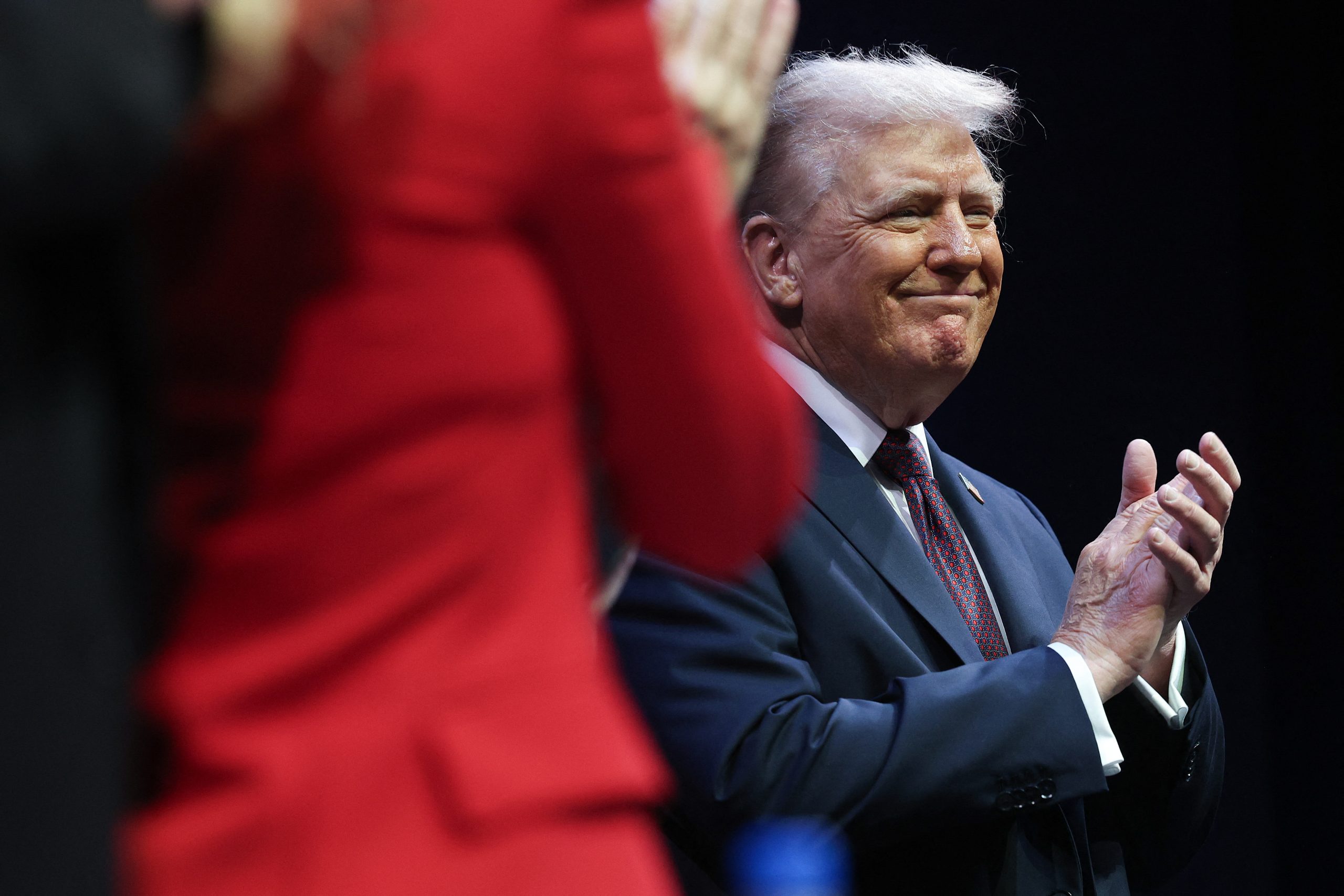In a detailed sentencing submission, Sam Bankman-Fried’s lawyer, Marc Mukasey, presented a compelling case before U.S. District Judge Lewis Kaplan, advocating for a lenient sentence for the FTX founder.
Bankman-Fried stands convicted of orchestrating the misappropriation of $8 billion from customers of the now-bankrupt cryptocurrency exchange, a case that prosecutors have deemed one of the most significant financial frauds in American history.
Mukasey argued that a prison term falling within the guidelines range of 5-1/4 to 6-1/2 years would be appropriate, considering the circumstances.
This proposed sentence is notably less severe than the maximum penalty of 110 years that Bankman-Fried could potentially face following his conviction on seven counts of fraud and conspiracy.
Bankman-Fried, who entered a not guilty plea, is expected to appeal both the conviction and the ensuing sentence. Throughout the trial, he acknowledged operational missteps in managing FTX but maintained that he never had any intention of misappropriating customer funds.
Judge Kaplan is scheduled to deliver the sentencing on March 28, and Mukasey’s submission was accompanied by letters of support from various quarters, including Bankman-Fried’s parents, psychiatrist, and others.
The letters, particularly those from his parents, Joseph Bankman and Barbara Fried, Stanford law professors, portrayed Bankman-Fried as uninterested in material wealth and highlighted his dedicated efforts to reimburse customers in the aftermath of FTX’s collapse in November 2022.
Mukasey vehemently criticized the probation officers’ calculation, deeming a 100-year guidelines range as “barbaric.” He argued that this calculation, partially based on the assertion that FTX’s customers incurred billions in losses, was flawed. To substantiate Bankman-Fried’s lack of intent to steal, Mukasey pointed to the recent statement by the bankrupt company, indicating an expectation to repay all customers in full.
While the probation officers’ calculation is not binding on Judge Kaplan, the U.S. Attorney’s office in Manhattan is expected to present its sentencing recommendation by March 15.
The outcome of this high-profile case will undoubtedly have implications for future legal considerations surrounding financial fraud and cryptocurrency-related offenses.









